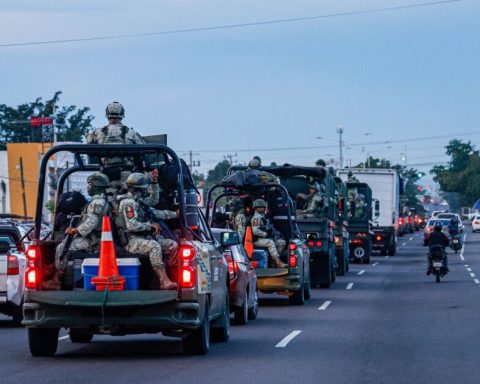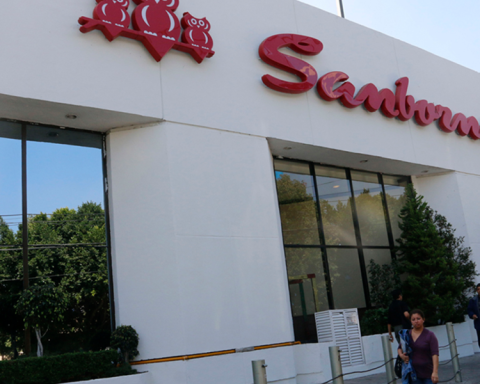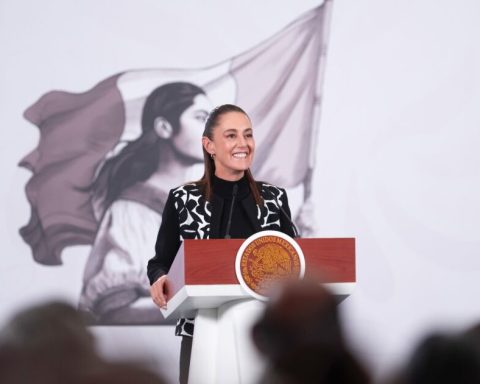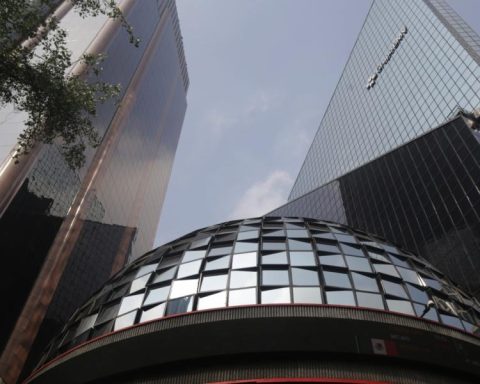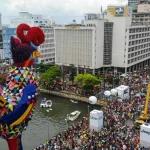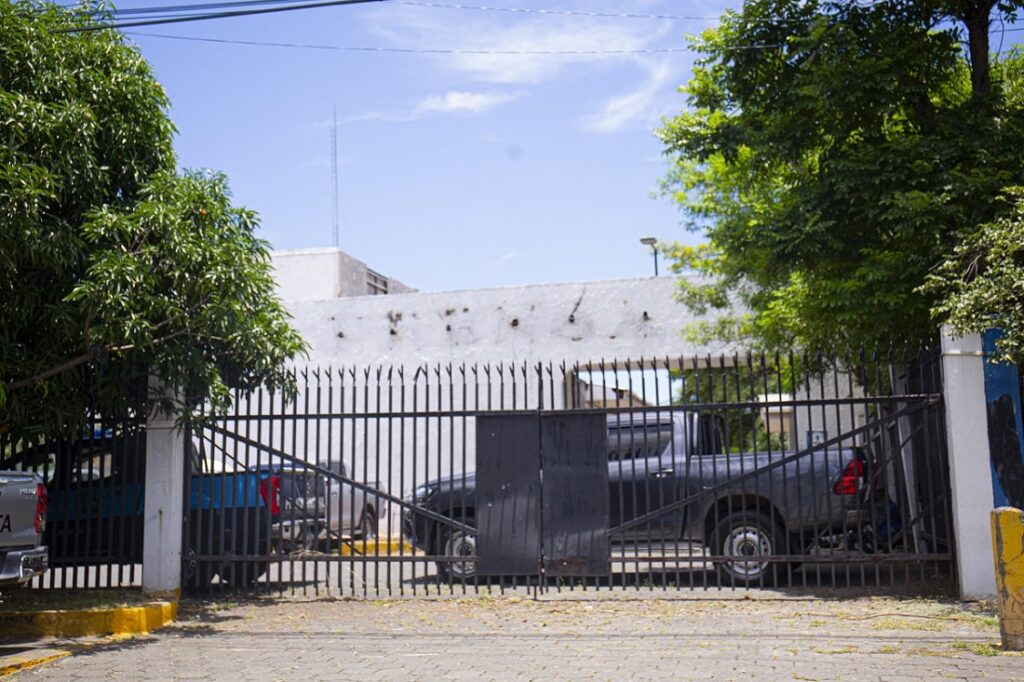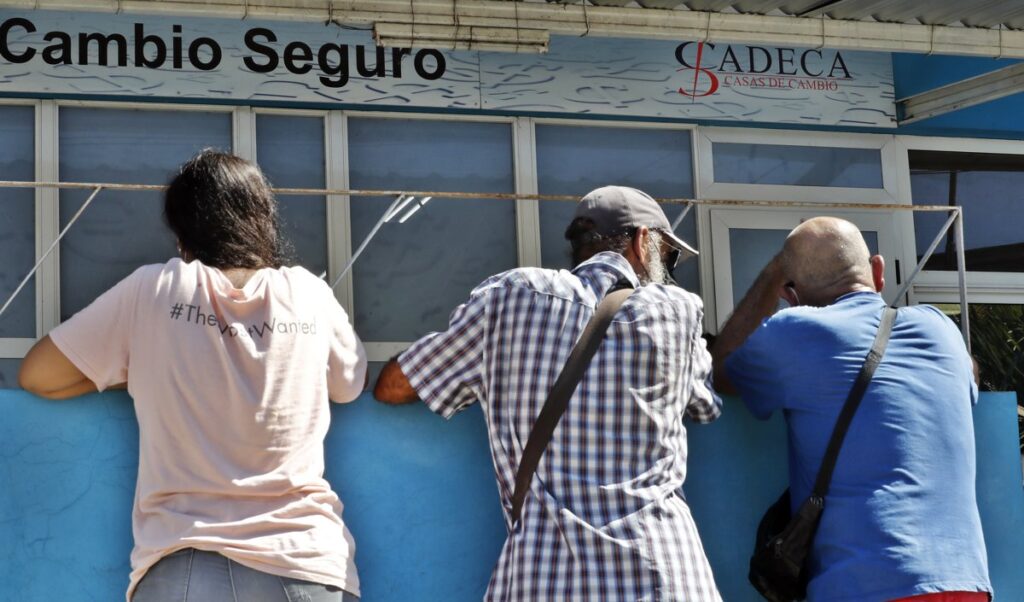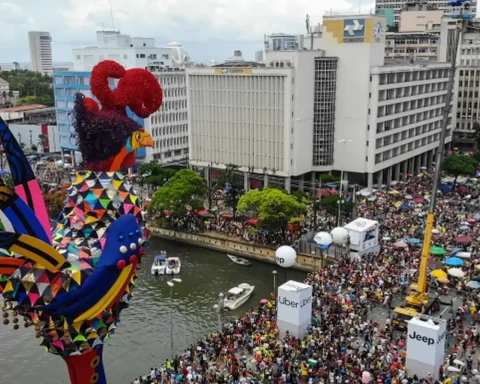Víctor M. Toledo /II and Last
AND
in this second part We continue to share remarkable revelations from Peter Phillips’ extraordinary book Megacapitalists: the elite that dominates money and the world (2019) (https://bit.ly/3BL70KK). One of the greatest contributions of the book has been to have unveiled the tip of the pyramid of global wealth, that is, those who are located as the elite of elites of economic power. Already a study published in 2011 by the University of Zurich, carried out by Stefania Vitali and collaborators, denounced the enormous power exercised by a small group of companies, basically banks and financial institutions, over the global economy. Phillips identifies and describes 17 global financial conglomerates with assets of more than $1 trillion, collectively managing $41.1 trillion in assets. a global network in which they themselves invest capital intertwined throughout the planet
. This elite induces policies that advance their interests in the management and protection of global capital and the execution of debt collections around the world, and they do so in private forums, such as the World Economic Forum, the Trilateral Commission, the Group of Thirty, the Atlantic Council or the Bilderberg Group, and in institutions such as the World Bank, the International Monetary Fund, the G20 and the Bank for International Settlements. In addition, managers are active in governments and global political groups: advisers to the IMF, the World Trade Organization, the Bank for International Settlements, the Federal Reserve Board of Governors, the G7 and the G20.
The relationship of economic power with the states is increasingly one of submission, even more so when in the neoliberal phase politicians seek to become businessmen and vice versa. Government officials already bribed, simply take orders. When they agree to pay government officials, engage in activities to undermine workers’ organizations, manipulate the price of basic goods, or use privileged information, they are actually engaging in conspiracy.
As a member of the global elite quoted by Phillips said, in the end politicians are like pilots of our own plane
.
Of vital importance is the investment of the elite in the corporate media and the increasing use of propaganda and public relations companies in the information systems of the planet. The six major global media organizations offer a continuing ideological justification for corporate capitalism and reduce or censor information that questions the existing concentration of wealth and growing inequality.
. The media is controlled by ideologues of global power. Its main goal is to promote the sale of products and spread propaganda favorable to capitalism through the psychological control of desires, emotions, beliefs, fears and values. They do this by manipulating the feelings and knowledge of human beings around the world and promoting entertainment to distract us from global inequality.
The power elite is constantly worried that the rebellious and exploited masses will rise up. As a consequence of these class insecurities, its members have gone to great lengths to protect their wealth. Protecting global capital is the main reason NATO countries now account for 85 percent of world defense spending. The United States alone has more than 800 military bases in 70 countries, while the United Kingdom, France and Russia have nearly 30 bases abroad. Currently the United States armed forces are deployed in 70 percent of the countries. This global military power has increasingly sophisticated weapons, the product of years of scientific research carried out by hundreds of thousands of engineers and researchers.
In short, as humanity we are facing a huge infernal machine whose power seems unbeatable. The world has become a single market, which seeks to commodify social relations and relations with nature. Given this, the theses and slogans proclaimed by the ideologies of emancipation, many embedded in epics of the nineteenth century, seem naive calls incapable of minimally modifying the current situation. As we have repeatedly pointed out, today it is necessary to rethink methods and strategies for social and environmental liberation and emancipation. It is not for nothing that avant-garde thought has formulated new concepts and paradigms such as those of sustainability, de-growth, postmodernity, resilience, local power, social power, good living, which make up new platforms for action. Because in addition, the ecological crisis, with the global climate crisis, indicates that we are witnessing a crucial battle between survival and collapse.

